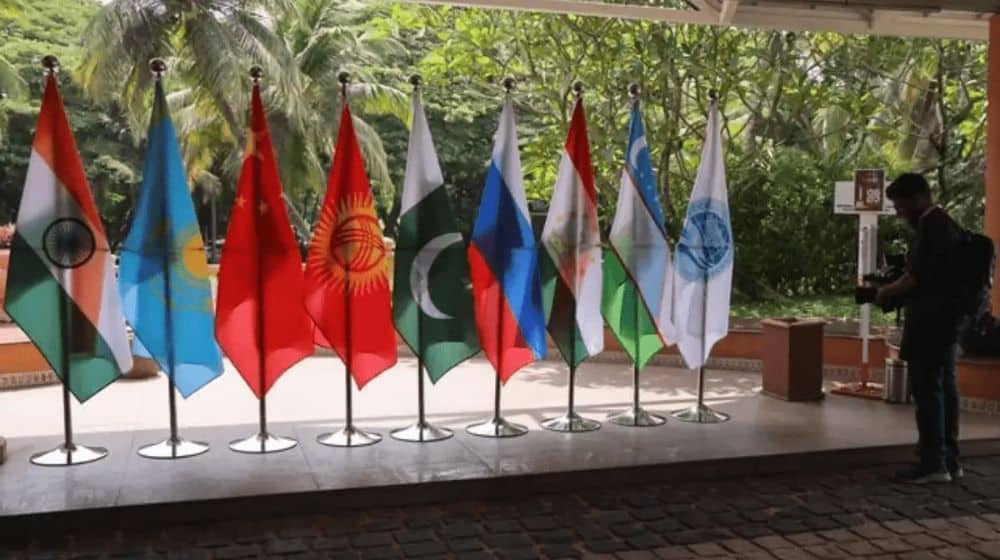In a significant effort to reduce the nation’s expenditure on edible oil imports and bolster the production of oil-based products, an official meeting was convened between the Federal Government and Punjab Province. Chaired by Federal Minister for Commerce and Industries, Gohar Ijaz, and Punjab Minister for Industries and Commerce, S.M. Tanveer, this meeting delved into various proposals and strategies to achieve predetermined targets. This article explores the key highlights of this crucial gathering and its implications for Pakistan’s agricultural and economic landscape.
1. A Shared Vision for Agricultural Prosperity
At the heart of this meeting was a shared vision: unlocking the agricultural potential of the nation. Minister Gohar Ijaz emphasized the caretaker government’s dedication to this cause. He stressed that equitable compensation for farmers’ hard work would not only uplift their lives but also propel an increase in the country’s exports. This approach reflects the government’s commitment to supporting the backbone of Pakistan’s economy – its farmers.
2. Coordination for Oilseed Cultivation
Minister Ijaz called for close coordination between the Dalda Board and the Punjab government in identifying suitable areas for oilseed cultivation. He asserted that boosting local oil production is crucial for making edible oil exportable. By working in tandem, these entities can strategize and allocate the necessary resources to achieve this goal efficiently.
READ MORE: Pakistan’s Rising Debt: A Closer Look at the Last 20 Years
3. Overcoming Challenges in Agricultural Development
Provincial Minister of Industry and Commerce, S.M. Tanveer, acknowledged the dedication of Pakistan’s scientists, farmers, and citizens but expressed frustration with the lack of an efficient system. He highlighted the dormant state of 58 small dams in the Potohar Region and the idle Greater Canal Thal project. However, he also revealed ongoing efforts to craft a 10-year master plan for agricultural development. This plan aims to overcome hurdles and streamline processes in the agricultural sector.
4. Combating Smuggling and Boosting Local Production
Tanveer stressed the need to reduce the annual $5 billion spent on edible oil imports. The business community fully supports the push for self-sufficiency in oil production. By tackling issues like smuggling and investing in local agriculture, the government can create a conducive environment for domestic production.
5. Government’s Commitment to Agriculture
Department of Agriculture officials presented an extensive briefing on the measures taken to augment oilseed production. The meeting saw the participation of Chairman Dalda Board, CEO Board, Board Members, DG Extension Agriculture, DG Industries, DG Research, chief scientists, agronomists, and concerned officers. This collective effort demonstrates the government’s commitment to ensuring the success of these initiatives.
In conclusion, the official meeting between the Federal Government and Punjab Province signals a proactive approach towards reducing edible oil imports and bolstering local production. By fostering collaboration, addressing challenges, and prioritizing agriculture, Pakistan aims to unlock its full potential in the field of edible oil production, ultimately contributing to the nation’s economic growth and self-sufficiency.




